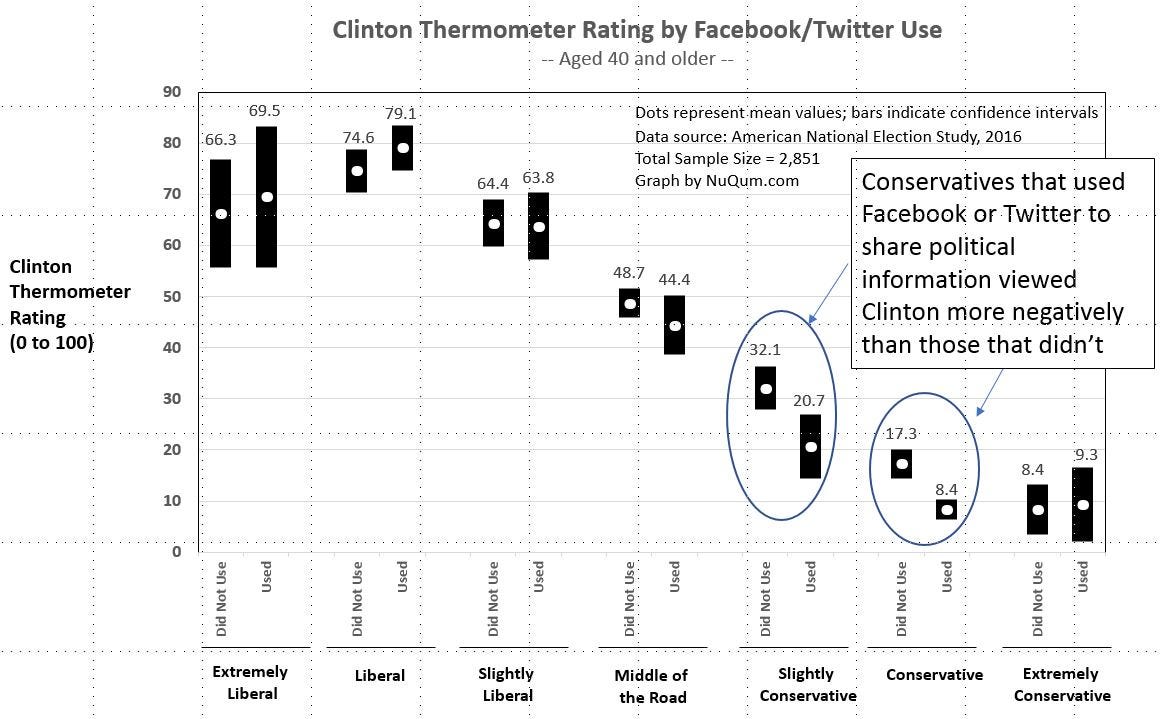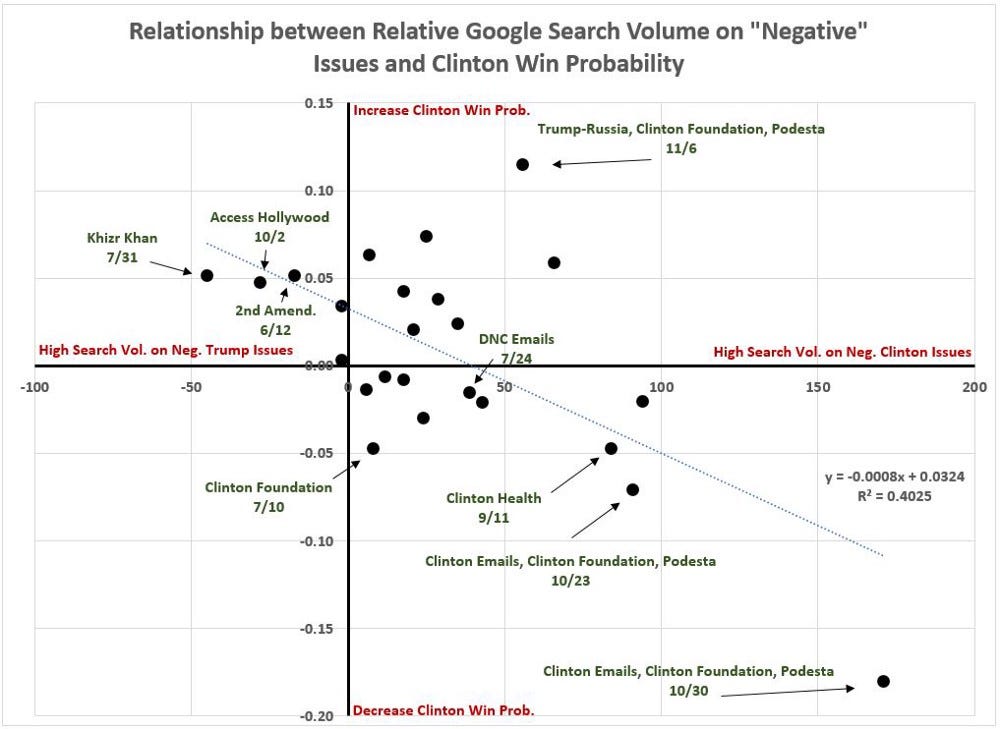By Kent R. Kroeger (NuQum.com, June 29, 2019)
Speaking Friday in Leesburg, Virgina, former President Jimmy Carter’s asserted that a full investigation into how the Russians interfered in the 2016 presidential election would reveal Donald Trump did not win the election.
“There’s no doubt that the Russians did interfere in the election. And I think the interference, although not yet quantified, if fully investigated would show that Trump didn’t actually win the election in 2016. He lost the election and he was put into office because the Russians interfered on his behalf,” Carter said at the Carter Center’s annual retreat.
His words carry significant weight, not as a former president, but because his most significant post-presidency project, The Carter Center, is one of the world’s leading nongovernmental organizations dedicated to election monitoring and democratic institution-building. The Carter Center has documented election fraud all over the world. They know it when they see it.
My great respect for the former President aside, he is wrong on two counts, recklessly so, when suggesting President Trump was illegitimately elected. First, researchers have tried to quantify the impact of Russian interference (myself included) and there is no definitive evidence that the Russians changed the 2016 outcome. More importantly, it is unlikely, given the data available, that such a determination could ever be made. Second, Carter’s claim further distracts us from a far more important need to have a public inquiry into the U.S. intelligence community’s (USIC) failure to detect and deter the Russian interference in 2016 in a timely manner.
This country has never had a full awakening about the depth of the USIC’s inability to defend the 2016 election and its subsequent attempt remove a sitting president. They compounded one failure with another.
Former Obama administration officials do not deny that the administration made grave mistakes prior to the election.
As reported by the New York Times:
The Obama administration feared that acknowledging Russian meddling in the 2016 election would reveal too much about intelligence gathering and be interpreted as “taking sides” in the race, the former secretary of homeland security ( Jeh Johnson) said Wednesday.
Mr. Johnson said he became increasingly concerned about the vulnerabilities of the nation’s election infrastructure, particularly after the hacking at the Democratic National Committee last summer. The administration formally accused the Russian government of hacking into emails from the D.N.C. and other institutions and individuals on Oct. 7.
Around mid-August, Mr. Johnson said, federal officials began hearing reports of “scanning and probing” of some state voter database registries. In the weeks after, intelligence officials became convinced the Russians were behind those efforts, though he said it was not until January (my emphasis) that they were “in a position to say” that.
In light of the Mueller investigation’s inability to find compelling evidence of a conspiracy between the Russians and the Trump campaign and the USIC’s known reliance on the unverified, partisan-funded Steele dossier to justify surveillance of a U.S. person, a reasonable conclusion is that the USIC tried to compensate for its intelligence failures before Election Day by building, post hoc, a conspiracy case against President Trump sufficient to have him removed from office.
The USIC failed twice.
Russian meddling did affect the 2016 election
Quantitative journalists at FiveThirtyEight.com and at least two significant academic studies have offered empirical evidence that the Russians had some impact on the 2016 election (you can find them here and here); but, collectively, their findings are not definitive.
As pointed out by FiveThirtyEight.com founder Nate Silver, the Russian interference was not a discrete event and therefore hard to model.
“The interference campaign had been underway for years (since at least 2014) and gradually evolved from a more general-purpose trolling operation into something that sought to undermine Clinton while promoting Trump (and to a lesser degree, Bernie Sanders). To the extent it mattered, it would have blended into the background and had a cumulative effect over the entirety of the campaign,” Silver concluded.
Political scientist Kathleen Hall Jamieson, a professor of communications at the University of Pennsylvania, analyzed online activity during the 2016 campaign and found that cyber-messaging targeting convertible, low-information voters were sufficient in volume to change the final vote result.
However, by Jamieson’s own admission, it is impossible to know exactly what specific aspects of the Russian social media activities changed vote intentions. The volume of Russian-created social media messages paled in size to the hundreds of millions of dollars spent on social media by the Trump and Hillary Clinton campaigns.
Likewise, the Ruck, Rice, Borycz, and Bentley study relies on highly-aggregated Twitter data (i.e., weekly retweet counts associated with the Russian troll farm, the Internet Research Agency [IRA]) to make inferences about how the Russians manipulated Twitter traffic to affect polling data. By their own admission, they admit they cannot declare a causal link between IRA Twitter retweets and poll data as there remains the strong possibility of some unmeasured factor that affected both Twitter behavior (e.g., retweets) and poll numbers. As I’ve argued in my own research, that ‘unmeasured’ factor is the social media campaign designed and executed by Cambridge Analytica.
Think of it this way: If Russian trolls armed with a few million dollars can be so efficient and skilled at strategically changing enough votes to alter an national election outcome, as Jamieson and Ruck, et. al., want us to believe, the American democracy has far bigger problems than Russian meddling. If true, the Democrats need to hire the Russians to train them on how to win an American presidential election in the social media age.
But they don’t need to bother. We know the most likely star of the 2016 election: Cambridge Analytica.
Cambridge Analytica exploited Facebook profile data to maximum value. Its innovation (largely modeled on the 2008 and 2012 Obama campaigns) was to pull in Facebook users’ friends to expand its analytic base. By harvesting 50 million Facebook user profiles it built a massive database for communications targeting.
The result, according to my research using the 2016 American National Election Study, was to systematically change attitudes towards Clinton among older, weakly partisan voters (see Figure 1). In rating Hillary Clinton on a 0 to 100 favorability scale, on average, “slightly conservative” adults aged 40 or older who used Facebook or Twitter to share political information gave her a rating of 20.7, compared to 32.1 among otherwise similar adults who had not used Facebook or Twitter for sharing political information. A similar relationship emerged among “conservative” adults (aged 40 or older).
Figure 1: Clinton Thermometer Rating by Facebook/Twitter use and Self-reported Ideology

In my volumetric estimation, the net impact of these attitudinal differences were almost sufficient to change enough votes in the key battleground states to alter the 2016 outcome. Of course, I could not determine whether it was Cambridge Analytic-sourced or Russian-sourced social media messaging that most impacted these anti-Clinton attitudes. But again, in terms of sheer budget volume, Cambridge Analytica’s efforts were much more likely to be the bigger causal factor.
The more probable Russian impact on the 2016 election came from the email hacks, specifically, the Podesta emails. As I reported on NuQum.com in September 2018, the Podesta emails dampened the positive impact Clinton’s debate performances would have had in October 2016, sans the Russian meddling.
Using Google Trends search data as a proxy measure for the campaign issues most interesting to Americans over time, Figure 2 shows that variation in these inquiries were highly correlated with the probability Hillary Clinton would win the election (as measured by futures contract prices on the Iowa Electronic Markets). Furthermore, when we identify the subjects of Google searches for each week, we see that the weeks where the Clinton win probabilities fell the most were weeks where the Clinton/Podesta emails dominated Google searches.
Figure 2. Relationship between relative Google search volume & Clinton win probabilities during the 2016 general election period (weekly-level data)

The Russian-hacked emails stunted Clinton’s post-debate momentum and made it difficult for her campaign to control the media agenda at a crucial time in the election.
Still, we cannot make definitive causal assertions based on the results in Figure 2; though, if it looks like a duck, swims like a duck, and quacks like a duck, then it probably is a duck. Based on the data I’ve seen, the Russian email hacks, released in October 2016, are that duck.
So why is Jimmy Carter wrong?
It may seem like I’ve just argued that Carter was right to suggest an in-depth analysis of the 2016 election would reveal Trump didn’t win fair and square.
But he wasn’t right to say what he said and here’s why:
His statement served no purpose but to inflame sentiments in a country already hopelessly divided. There will never be irrefutable proof that Russian meddling changed the 2016 outcome. So what is the point in keeping that hope alive among Democrats (and anti-Trump Republicans) who still — in their traumatized hearts — believe they can get this current president removed from office and avoid the risk of him being re-elected?
Furthermore, even if there was proof about the impact of Russian meddling, as long as the Trump campaign didn’t participate in the fraud, is it fair to hold them accountable?
Our country has spent over two years investigating the possibility of a conspiracy between the Russians and Trump campaign. Every Hollywood celebrity can read the Mueller Report ten times over and they still won’t find evidence of a conspiracy. The Mueller Report revealed the Trump campaign as a bumbling, indiscreet cabal of political amateurs desperately seeking their holy grail (Hillary Clinton’s 30,000+ illegally deleted emails). But there was no conspiracy, only a metric-ton of stupidity. And, at least as of now, stupidity alone is not an impeachable offense.
Carter’s inappropriate attack on Trump does more one piece of damage to the American political dialogue. It diverts attention from the real problem: How could our intelligence agencies — the most capable, most highly-funded in the world — let the Russians interfere to the extent they did?
There can be only one answer: incompetence.
If Jimmy Carter wants to poke at the still open wounds from 2016, that is what he should have been talking about in Leesburg, Virginia last Friday.
- K.R.K.
As always, comments, insults and requests for data can be sent to: kroeger98@yahoo.com
